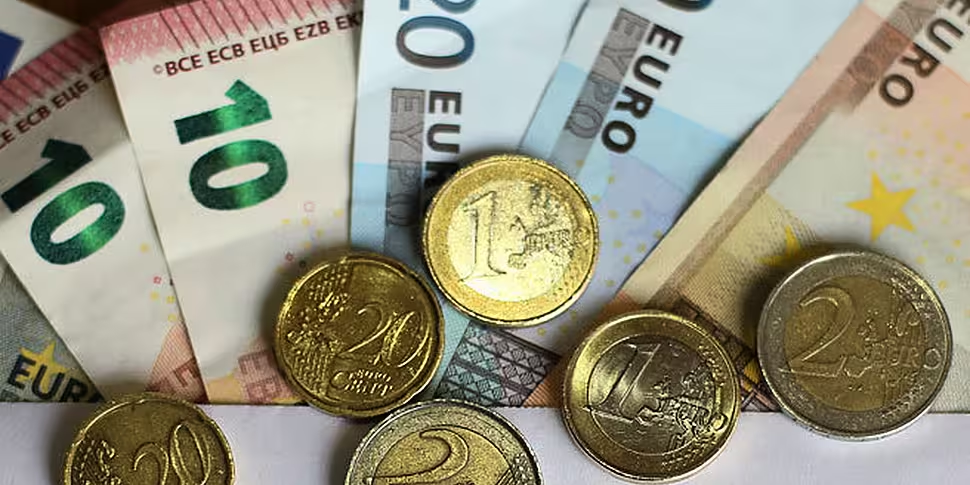New research from Deutsche Bank explores the concept that we are experiencing a 'Euroglut' which will significantly devalue the euro - to the point that a euro will trade for $0.85 USD by 2017.
It argues that the euro-area's sizable current account surplus, the European Central Bank's (ECB) quantitative easing (QE) programme and low-to-negative interest rates mean that the value of the currency will continue to fall.

Fred/Business Insider
On the third day of the ECB's QE programme, the euro has already hit a 12-year low against the dollar - trading at $1.0666 yesterday.
It also reached a 7-year low against the pound, trading at 70.79 pence this morning.
Yields on the debt of most euro zone countries also dropped to new lows overnight.
ECB president Mario Draghi has welcomed the early effects of QE. Speaking in Frankfurt today he declared that the programme is already working:
"We saw a further fall in the sovereign yields of Portugal and other formerly distressed countries in spite of the renewed Greek crisis," he continues, "This suggests that the asset purchase programme may be shielding euro area countries from contagion. We are aware that our measure may entail some financial stability risks but currently these risks are contained."
Ireland is likely to benefit from the falling euro value as our exports, which we rely heavily on, are relatively cheaper for buyers from non-euro markets. This is bad news for Irish businesses who rely on imports.
It is also bad news for Irish travelers leaving the euro zone - but very good news for Irish tourism as it makes Ireland more appealing to tourists from the UK and the US.









